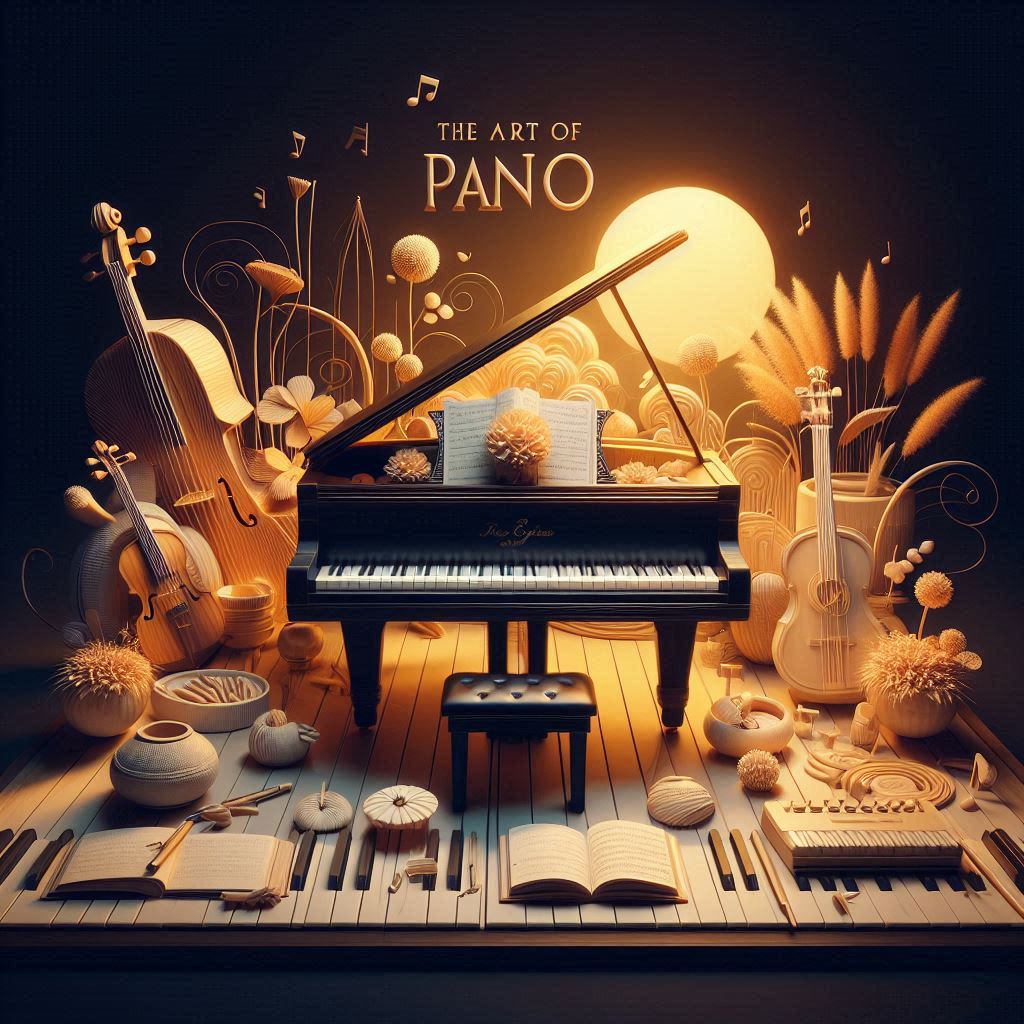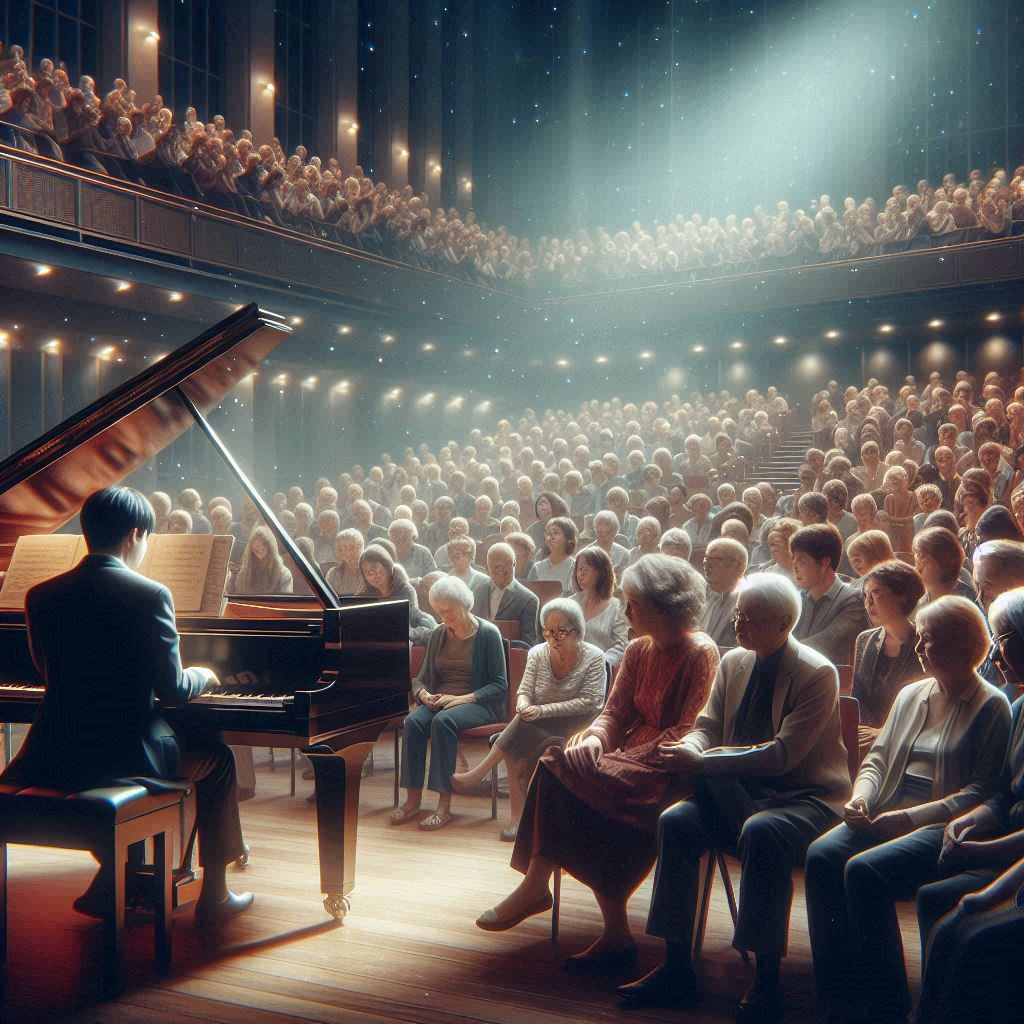Introduction
Playing piano concertos is a rewarding challenge that offers a multitude of benefits for pianists. These intricate and dynamic pieces push musicians to develop their technical prowess, musical expression, and performance skills. Whether you are an aspiring pianist or an experienced performer, delving into the world of piano concertos can significantly enhance your musical journey. In this article, we’ll explore the various benefits of playing piano concertos and why they are a valuable addition to any pianist’s repertoire.
Enhancing Technical Skills
Playing piano concertos demands a high level of technical proficiency. These pieces often feature complex passages, fast runs, and challenging fingerings that require advanced technique. Practicing concertos helps pianists develop greater finger strength, dexterity, and precision. The technical demands of concertos also encourage consistent practice and attention to detail, leading to overall improvement in pianistic ability.
Improving Musical Expression
Piano concertos provide a rich canvas for musical expression. These compositions often include contrasting themes, dynamic shifts, and emotional depth, allowing pianists to explore a wide range of expressive possibilities. Interpreting a concerto involves understanding the nuances of phrasing, articulation, and dynamics, which enhances a pianist’s ability to convey emotion and tell a musical story.
Building Performance Confidence
Performing piano concertos builds confidence and stage presence. Concertos are typically performed with an orchestra or ensemble, adding an element of collaboration and requiring the pianist to project their sound and interpretive ideas effectively. The experience of rehearsing and performing a concerto in front of an audience can significantly boost a pianist’s confidence and performance skills.
Fostering Collaborative Skills
Playing a concerto involves working closely with conductors and orchestral musicians. This collaboration enhances a pianist’s ability to listen, adapt, and synchronize with other musicians. Understanding the orchestral score and interacting with the ensemble fosters a sense of musical teamwork and communication, which is valuable for any pianist.
Expanding Repertoire and Musical Knowledge
Learning and performing piano concertos expands a pianist’s repertoire and musical understanding. Concertos often span different musical periods and styles, offering exposure to a diverse range of compositions. This breadth of experience enriches a pianist’s knowledge of music history, theory, and stylistic interpretation.
Developing Mental Resilience
The complexity and length of piano concertos require mental resilience and focus. Memorizing and performing these extensive works demands concentration and endurance. Overcoming the challenges of learning a concerto builds mental fortitude, preparing pianists to tackle other demanding pieces with confidence.
Providing Artistic Fulfillment
Playing piano concertos offers immense artistic fulfillment. The opportunity to interpret and perform a major work, often in collaboration with an orchestra, is deeply rewarding. The process of bringing a concerto to life on stage, with its intricate interplay between piano and orchestra, provides a sense of accomplishment and joy.
Conclusion
Playing piano concertos offers a wealth of benefits for pianists, from enhancing technical skills and musical expression to building performance confidence and fostering collaborative abilities. These challenging and rewarding pieces enrich a pianist’s repertoire and provide deep artistic fulfillment. Whether you are preparing for a solo performance or seeking to expand your musical horizons, piano concertos are a valuable and transformative part of any pianist’s journey.
FAQs
What technical skills can be improved by playing piano concertos? Playing piano concertos improves finger strength, dexterity, precision, and overall pianistic ability due to their complex passages and challenging fingerings.
How do piano concertos enhance musical expression? Piano concertos include contrasting themes, dynamic shifts, and emotional depth, allowing pianists to explore and develop a wide range of expressive possibilities.
Why is performing piano concertos beneficial for building confidence? Performing concertos with an orchestra requires projecting sound and interpretive ideas effectively, boosting a pianist’s confidence and stage presence.
How do piano concertos foster collaborative skills? Playing a concerto involves working closely with conductors and orchestral musicians, enhancing a pianist’s ability to listen, adapt, and synchronize with others.
What mental benefits come from playing piano concertos? The complexity and length of concertos require concentration and endurance, building mental resilience and preparing pianists to tackle other demanding pieces.
Why are piano concertos artistically fulfilling? Interpreting and performing major works, often in collaboration with an orchestra, offers a sense of accomplishment and joy, providing deep artistic fulfillment.



